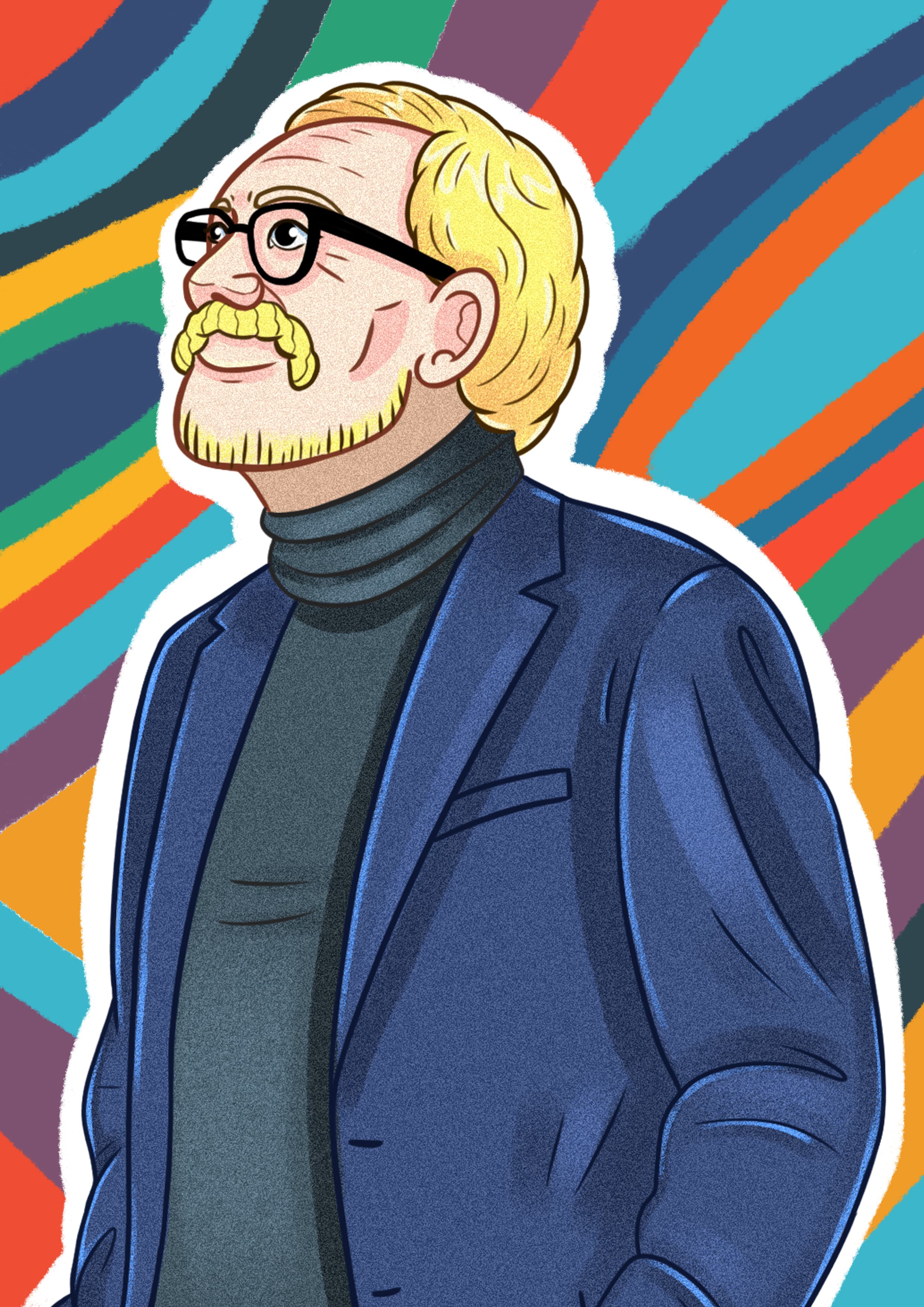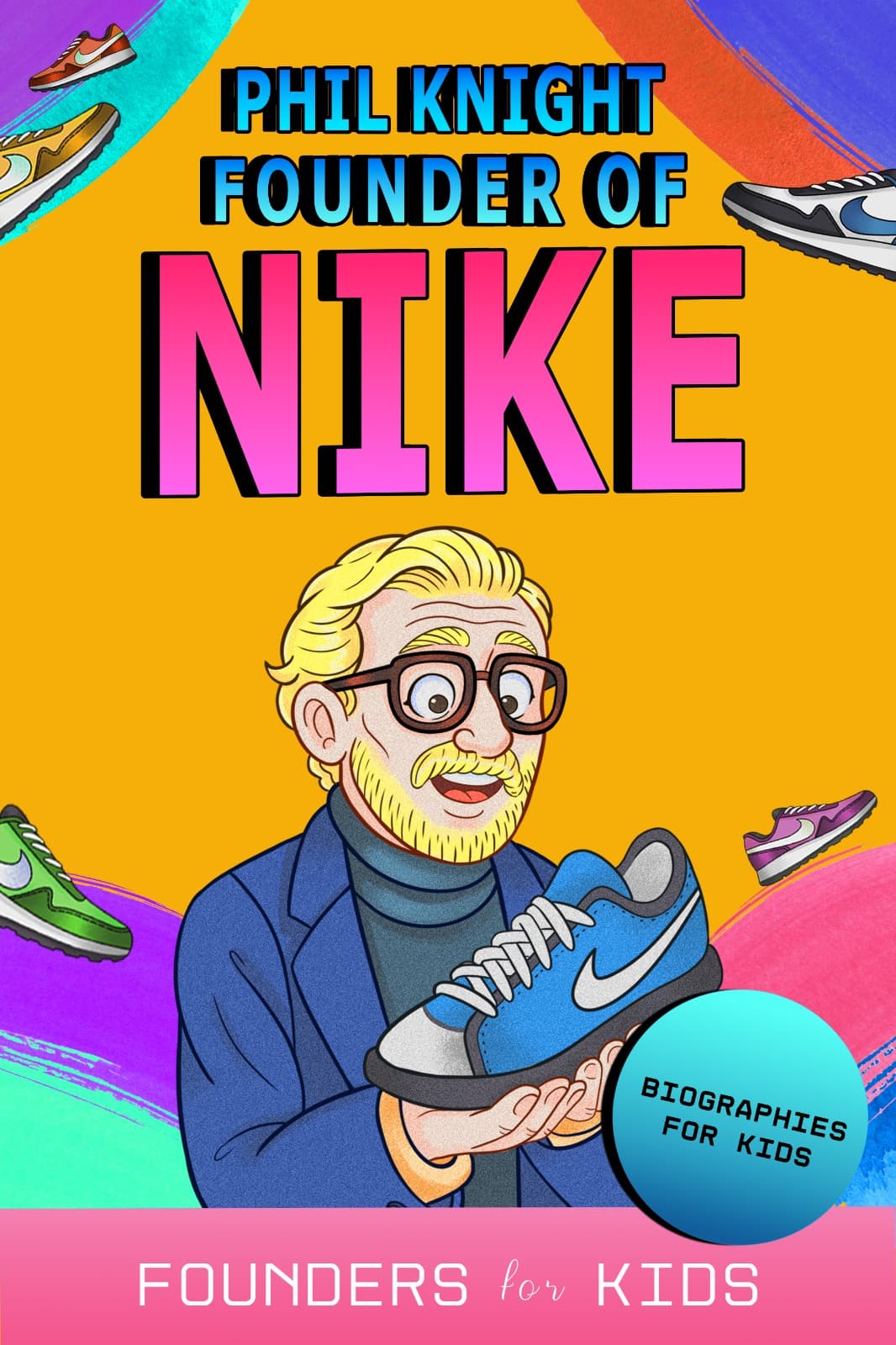Phil Knight's journey from selling shoes out of his car trunk to building one of the world's most recognizable brands began with a simple insight: athletes needed better running shoes.
Born in 1938 in Portland, Oregon, Phil was a middle-distance runner at the University of Oregon under legendary coach Bill Bowerman. After graduating with a business degree, he earned his MBA from Stanford, where he wrote a paper about how Japanese running shoes might compete with German brands like Adidas and Puma in the American market.
In 1964, Phil put his theory into action. With a $500 loan from his father, he traveled to Japan and secured the U.S. distribution rights for Tiger shoes (now known as Asics). Back home, he partnered with his former coach Bowerman, each investing $500 to form Blue Ribbon Sports—the company that would eventually become Nike.
The early days were humble—Phil sold shoes from his car at track meets while maintaining his day job as an accountant. Meanwhile, Bowerman experimented with designs, famously pouring rubber into his wife's waffle iron to create a new sole pattern that provided better traction and cushioning for runners.
The company's big break came in 1972 when they launched their own line of shoes featuring the iconic "swoosh" logo, designed by a graphic design student named Carolyn Davidson, who was paid just $35 for her work (though Knight later gave her stock in the company worth much more).
Phil named the new brand "Nike" after the Greek goddess of victory. The timing was perfect—America was experiencing a jogging boom, and Nike's innovative designs captured the market. In 1980, Nike went public, and by 1981, it had surpassed Adidas as the number one athletic shoe in the U.S.
What truly set Nike apart was Phil's marketing genius. Rather than just selling shoes, he sold an idea—that anyone could be an athlete. The 1988 "Just Do It" campaign transformed Nike from a running shoe company into a global lifestyle brand. Phil also pioneered athlete endorsements, most famously signing rookie basketball player Michael Jordan in 1984, creating the Air Jordan line that revolutionized sports marketing.
Throughout Nike's growth, Phil maintained a rebellious spirit and fostered an innovative corporate culture that valued athletes and sports above all. Despite being notoriously private, his competitive nature and willingness to take risks shaped Nike's identity.
Today, Nike is valued at over $200 billion, employs more than 79,000 people worldwide, and remains a dominant force not just in sportswear but in global culture.

